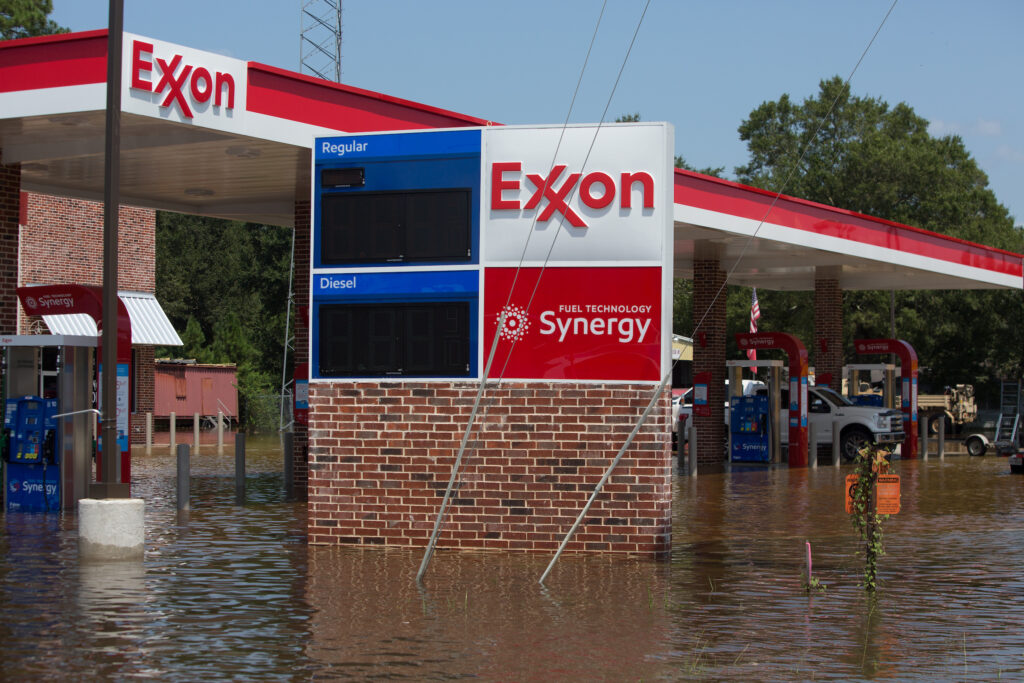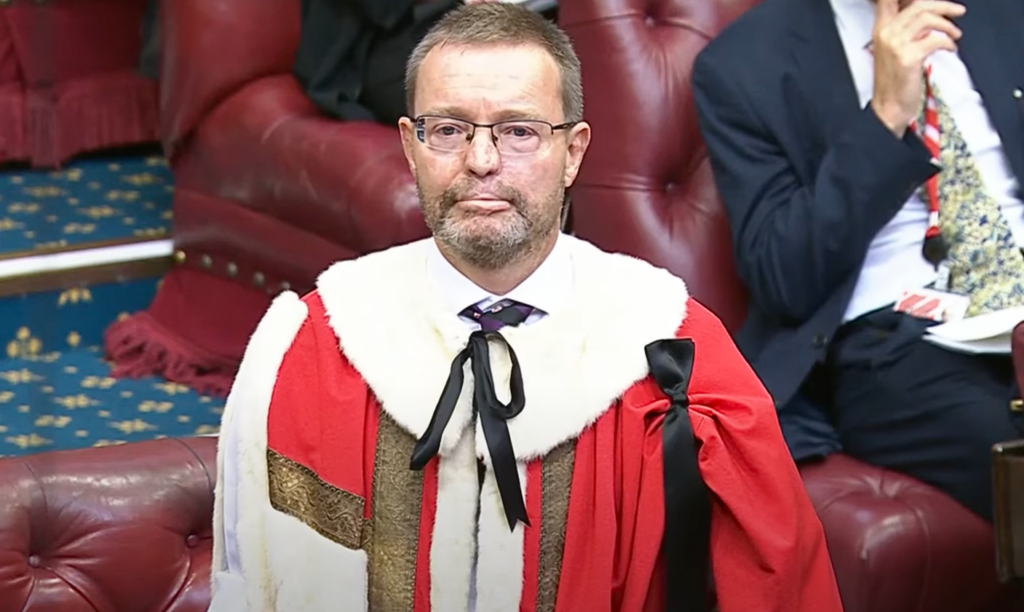Incentives for oil and gas companies that drill in the Gulf of Mexico will cost the federal government at least $20 billion over the next 25 years, according to the draft of a Congressional report obtained on Tuesday.
The new estimates, prepared by the Government Accountability Office, also warn that $80 billion in revenue could be lost over the same period if oil and gas companies win a new lawsuit that seeks a further reduction in their royalty payments.
The report, delivered in a private briefing late Monday to House and Senate staff members, startled some of the program’s longtime supporters and infuriated some critics.
The report is the first attempt by a government agency to calculate the soaring costs of a 10-year-old program that was created to encourage deepwater drilling when energy prices were low.
Subscribe to our newsletter
Stay up to date with DeSmog news and alerts






